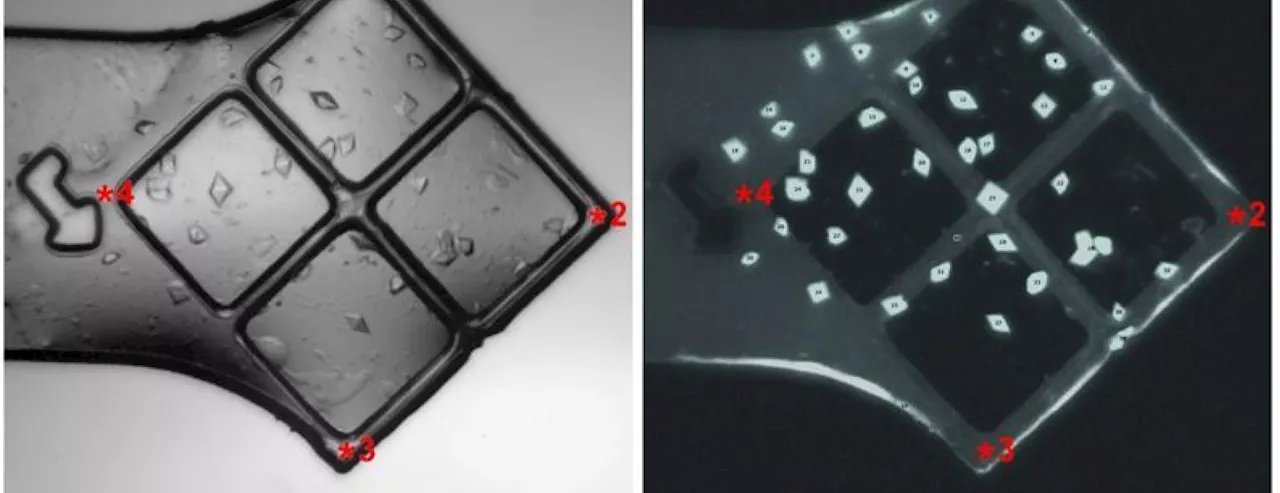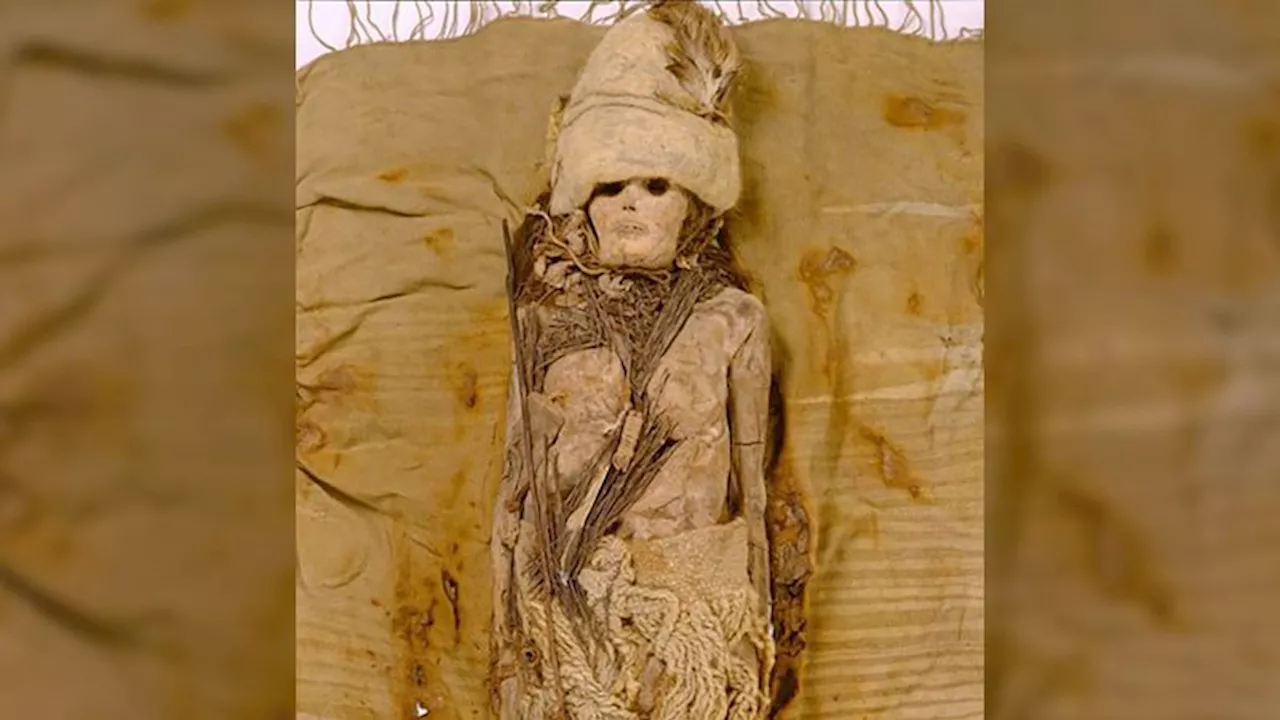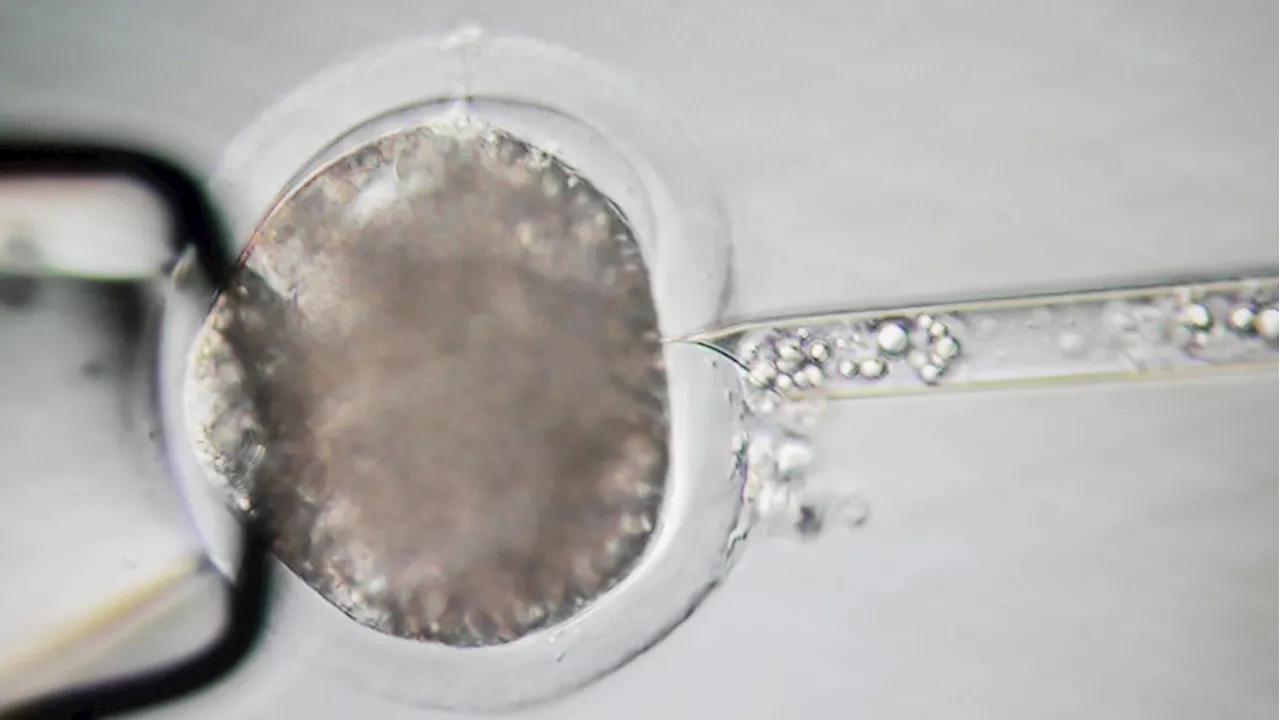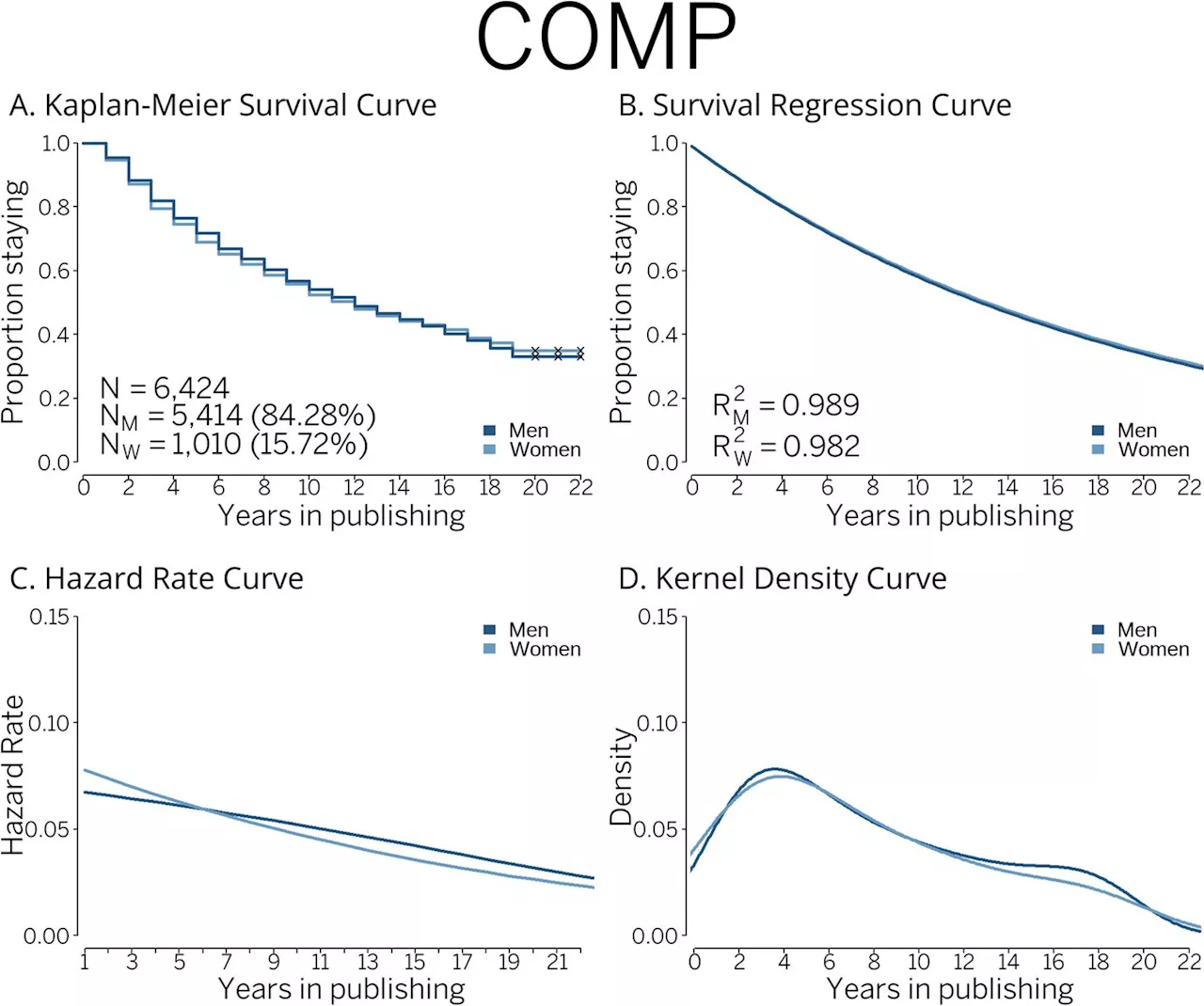Many cellular functions in the human body are controlled by biological droplets called liquid-liquid phase separation (LLPS) droplets. These droplets, made of soft biological materials, exist inside living cells but are not enclosed by membranes like most cell structures.
Scientists develop method to control timing of synthetic DNA droplet division retrieved 26 September 2024 from https://phys.org/news/2024-09-scientists-method-synthetic-dna-droplet.html
This document is subject to copyright. Apart from any fair dealing for the purpose of private study or research, no part may be reproduced without the written permission. The content is provided for information purposes only.Use this form if you have come across a typo, inaccuracy or would like to send an edit request for the content on this page. For general inquiries, please use ourThank you for taking time to provide your feedback to the editors.
Your feedback is important to us. However, we do not guarantee individual replies due to the high volume of messages.to let the recipient know who sent the email. Neither your address nor the recipient's address will be used for any other purpose. The information you enter will appear in your e-mail message and is not retained by Phys.org in any form.Get weekly and/or daily updates delivered to your inbox.
Physics News Science News Technology News Physics Materials Nanotech Technology Science
United States Latest News, United States Headlines
Similar News:You can also read news stories similar to this one that we have collected from other news sources.
 Scientists reveal mechanism of maternal protein Pramel15 in promoting DNA demethylation in mouse zygotesDNA methyltransferase 1 (DNMT1) is an important DNA methyltransferase that maintains DNA methylation. The retention of DNMT1 and its cofactor UHRF1 in the cytoplasm is considered a major reason for passive DNA demethylation in the oocyte and early embryonic development.
Scientists reveal mechanism of maternal protein Pramel15 in promoting DNA demethylation in mouse zygotesDNA methyltransferase 1 (DNMT1) is an important DNA methyltransferase that maintains DNA methylation. The retention of DNMT1 and its cofactor UHRF1 in the cytoplasm is considered a major reason for passive DNA demethylation in the oocyte and early embryonic development.
Read more »
 Scientists unlock the secrets of how a key protein converts DNA into RNAResearchers at the Department of Energy's SLAC National Accelerator Laboratory have uncovered new insights into the fundamental mechanisms of RNA polymerase II (Pol II), the protein responsible for transcribing DNA into RNA. Their study shows how the protein adds nucleotides to the growing RNA chain.
Scientists unlock the secrets of how a key protein converts DNA into RNAResearchers at the Department of Energy's SLAC National Accelerator Laboratory have uncovered new insights into the fundamental mechanisms of RNA polymerase II (Pol II), the protein responsible for transcribing DNA into RNA. Their study shows how the protein adds nucleotides to the growing RNA chain.
Read more »
 DNA from 3,600-year-old cheese sequenced by scientistsScientists have sequenced DNA from 3,600-year-old cheese, the oldest in the archaeological record. The intact cheese was found with mummified remains in China.
DNA from 3,600-year-old cheese sequenced by scientistsScientists have sequenced DNA from 3,600-year-old cheese, the oldest in the archaeological record. The intact cheese was found with mummified remains in China.
Read more »
 Remains of suspected homicide victim identified after 31 yearsDNA testing and genealogy work helped scientists identify the remains, the coroner's office said.
Remains of suspected homicide victim identified after 31 yearsDNA testing and genealogy work helped scientists identify the remains, the coroner's office said.
Read more »
 Disappearing scientists: Attrition and retention patterns of 2.1 million scientists in 38 OECD countriesResearch has been showing that women scientists continue to disappear from science at a significantly higher rate and in higher percentages than men. This is what social scientists have thought for decades—but this is no longer the case today, according to a study published in Higher Education.
Disappearing scientists: Attrition and retention patterns of 2.1 million scientists in 38 OECD countriesResearch has been showing that women scientists continue to disappear from science at a significantly higher rate and in higher percentages than men. This is what social scientists have thought for decades—but this is no longer the case today, according to a study published in Higher Education.
Read more »
 From decades to days, biophysicists reveal DNA behavior in record timeStudying how single DNA molecules behave helps us to better understand genetic disorders and design better drugs. Until now, however, examining DNA molecules one-by-one was a slow process.
From decades to days, biophysicists reveal DNA behavior in record timeStudying how single DNA molecules behave helps us to better understand genetic disorders and design better drugs. Until now, however, examining DNA molecules one-by-one was a slow process.
Read more »
